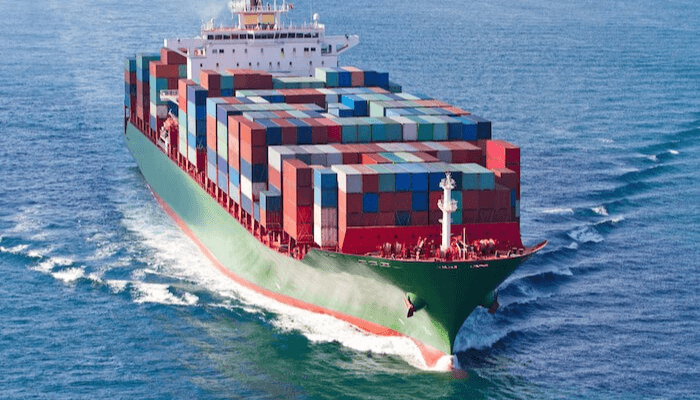The shipments are primarily held up at Kandla and Mundra ports in Gujarat, with neither vessels nor insurance available for Iran-bound cargo due to the Middle East conflict, said president Satish Goyal
New Delhi: Around 1,00,000 tonnes of basmati rice destined for Iran are stranded at Indian ports due to the ongoing Israel-Iran conflict, the All India Rice Exporters Association said on Monday.
Association president Satish Goyal said around 1,00,000 tonnes of basmati rice meant for Iran is currently stuck at Indian ports, with Iran accounting for 18-20 per cent of India’s total basmati rice exports.
The shipments are primarily held up at Kandla and Mundra ports in Gujarat, with neither vessels nor insurance available for Iran-bound cargo due to the Middle East conflict, said Goyal .
International conflicts are typically not covered under standard shipping insurance policies, leaving exporters unable to dispatch their consignments, he added.
The delay in shipments and uncertainty around payments could cause severe financial stress, he said, adding that basmati rice prices in the domestic market have already dropped by Rs 4-5 per kg.
The association is in touch with agri-export promotion body APEDA on the issue. A meeting with Union Commerce and Industry Minister Piyush Goyal is scheduled for June 30 to discuss the crisis, he added.
Iran is India’s second-largest basmati rice market after Saudi Arabia. India exported around 1 million tonnes of the aromatic grain to Iran during the 2024-25 fiscal year, which ended in March.
India exported approximately 6 million tonnes of basmati rice during 2024-25, with demand primarily driven by the Middle East and West Asian markets. Other major buyers include Iraq, the United Arab Emirates and the United States.
The Israel-Iran conflict has escalated significantly in recent weeks, with both sides exchanging heavy strikes and the US becoming directly involved in the hostilities.
The shipping disruption adds to challenges facing Indian rice exporters, who have previously dealt with payment delays and currency issues in the Iranian market due to international sanctions.
Meanwhile, India will take measures to safeguard domestic fuel supplies, oil minister Hardeep Singh Puri said on Sunday, after U.S. attacks on Iran’s nuclear sites raised the risk of disruption of Middle Eastern oil and gas and soaring energy prices.
Energy markets and investors were already on high alert since Israel launched airstrikes across Iran on June 13, fearing disruption particularly through the Strait of Hormuz.
Around 20% of global oil and gas demand flows through the Strait that Iran has long threatened to close it to exert pressure on the West.
“We have been closely monitoring the evolving geopolitical situation in the Middle East since the past two weeks… we have diversified our supplies in the past few years and a large volume of our supplies do not come through the Strait of Hormuz now,” Puri said on social media platform X.
“Our Oil Marketing Companies have supplies of several weeks and continue to receive energy supplies from several routes. We will take all necessary steps to ensure stability of supplies of fuel to our citizens,” he said.
India, the world’s third biggest oil importer and consumer, gets less than half of its average 4.8 million barrels per day of oil imports from the Middle East.
Separately Puri told local news agency ANI that India would increase crude supplies from other sources if required. “We are in touch with all possible actors… It is our hope, and we all expect that the situation will result in calm and de-escalation rather than further escalation,” he said.
for India, which reportedly holds crude reserves for 90 days, Saudi Arabia’s ability to reroute crude exports via the Red Sea offers a layer of supply continuity amid the Strait of Hormuz uncertainty, according to a report on Monday.
While India sources 18–20 per cent of its crude from Saudi Arabia, the Petroline-Yanbu corridor ensures that a significant portion of these volumes could still reach Indian refiners even if the Hormuz route is disrupted.
“Although some logistical constraints and higher freight costs may persist, Saudi’s diversified export infrastructure, combined with India’s flexible sourcing strategy, reduces the likelihood of a sharp supply shortfall from this key partner,” said the report from Yes Securities.
With Iran’s Parliament approving a potential closure of the Strait of Hormuz following US strikes on its nuclear sites, energy markets face rising disruption risk at the world’s most critical oil artery.
For India, which sources more than 35 per cent of crude and 42 per cent of LNG through the strait, the near-term threat lies in supply delays and freight escalation.

